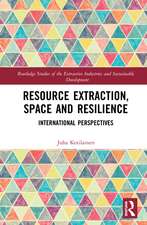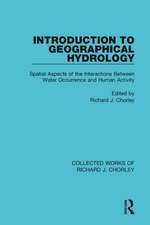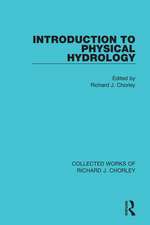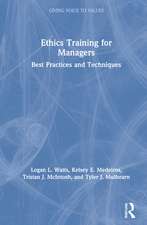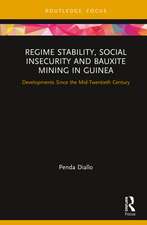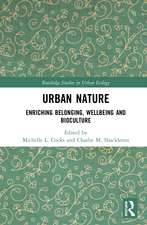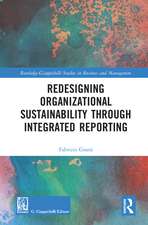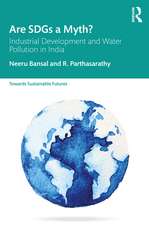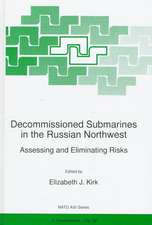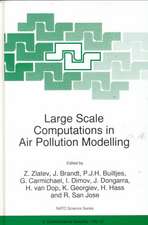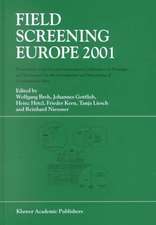An Innovative Approach of Advanced Oxidation Processes in Wastewater Treatment
Editat de Maulin P Shahen Limba Engleză Hardback – 2 dec 2021
Preț: 1210.06 lei
Preț vechi: 1551.41 lei
-22% Nou
Puncte Express: 1815
Preț estimativ în valută:
231.55€ • 247.60$ • 193.06£
231.55€ • 247.60$ • 193.06£
Carte disponibilă
Livrare economică 27 martie-10 aprilie
Preluare comenzi: 021 569.72.76
Specificații
ISBN-13: 9781685072353
ISBN-10: 1685072356
Pagini: 319
Dimensiuni: 178 x 254 mm
Greutate: 0.73 kg
Editura: Nova Science Publishers Inc
Colecția Nova Science Publishers Inc
ISBN-10: 1685072356
Pagini: 319
Dimensiuni: 178 x 254 mm
Greutate: 0.73 kg
Editura: Nova Science Publishers Inc
Colecția Nova Science Publishers Inc
Cuprins
Preface; Persistent Organic Pollutants: An Environmental Menace; Removal of Emerging Contaminants Present in Wastewater by Using Advanced Oxidation Processes; Nanoremediation of Industrial Heavy Metal Effluents Using Carbon Nanomaterials as Superb Nanoadsorbents; Emerging Pollutants: Occurrence, Fate, Impacts and Removal Technologies; Nanotechnological Interventions to Tackle Heavy Metal Pollution; Bioremediation: A Novel Way to Deal with Petroleum Sludge for Sustainable Environment; Advanced Oxidation Process in Wastewater Reuse; Photocatalysis as Advanced Oxidation Processes for Wastewater Treatment; Role of Fungal and Plant Systems in Wastewater Treatment: Mechanisms and Applications; Insights into a Novel Technology of Limestone-Sawdust-Bacteria and Nano TIO2 for Treatment of Acid Mine Drainage; Different Approaches for Bioremediation of Harmful Pollutants; Nitrate Problems and Its Remediation; Emerging Contaminants; Bioremediation of Soils Polluted with Hexavalent Chromium using Bacteria; Index.

